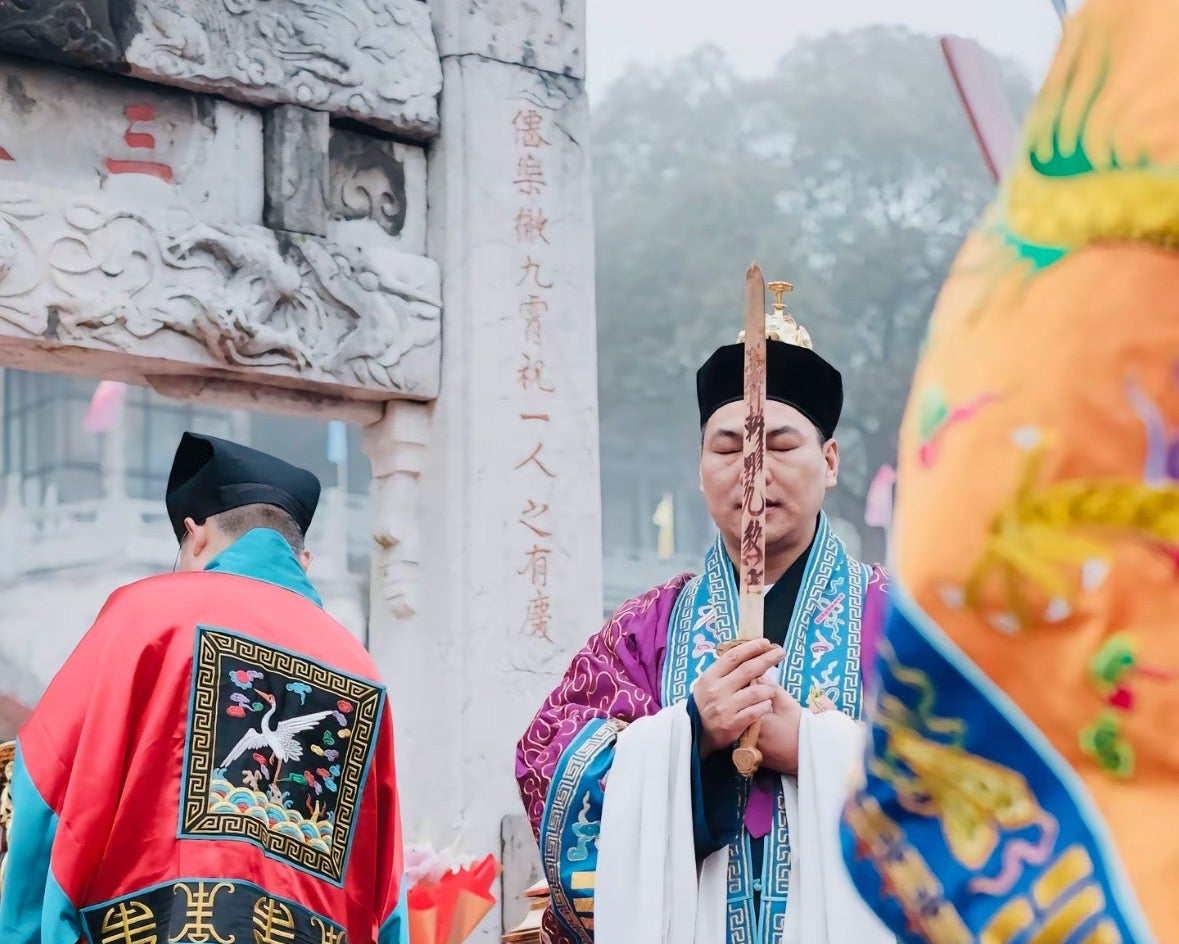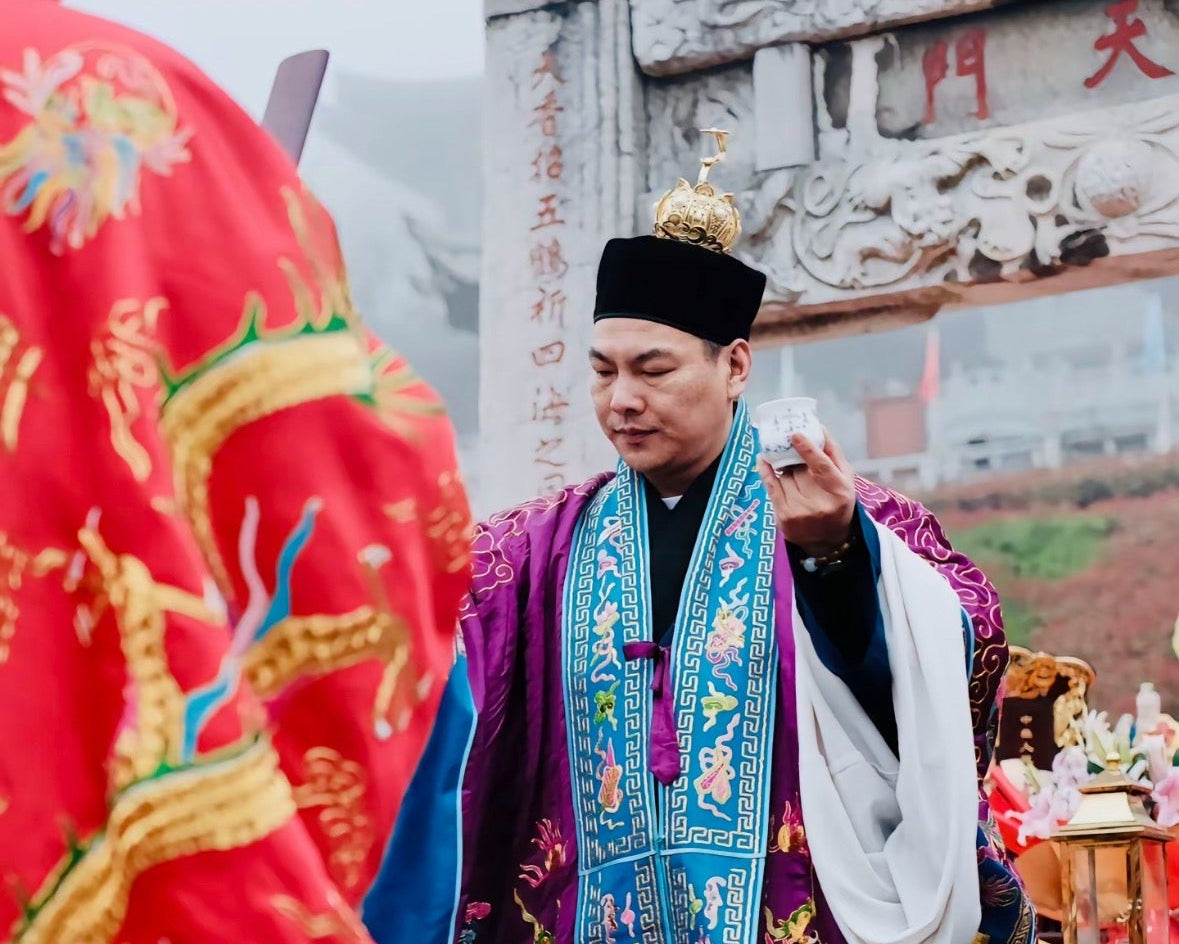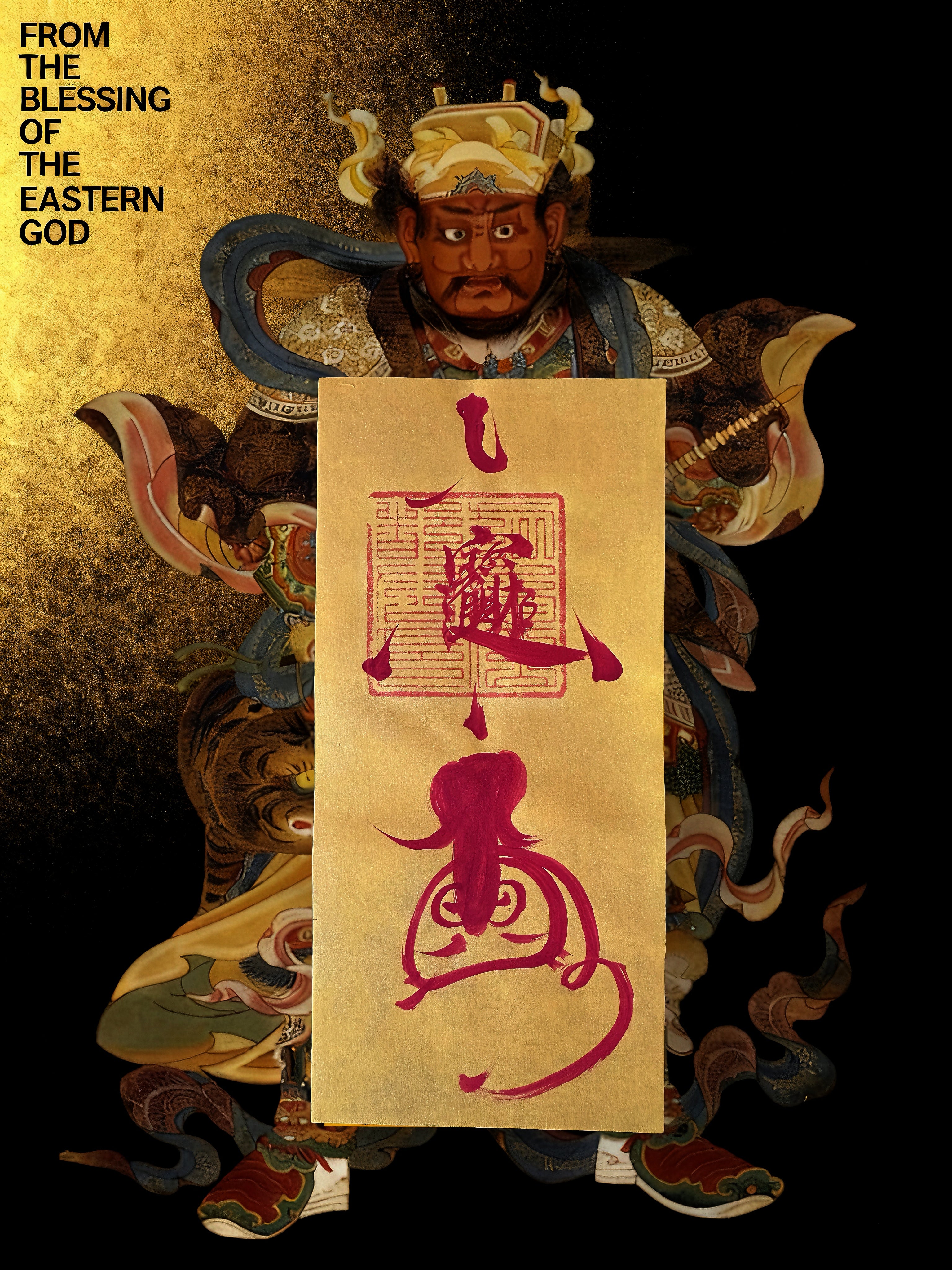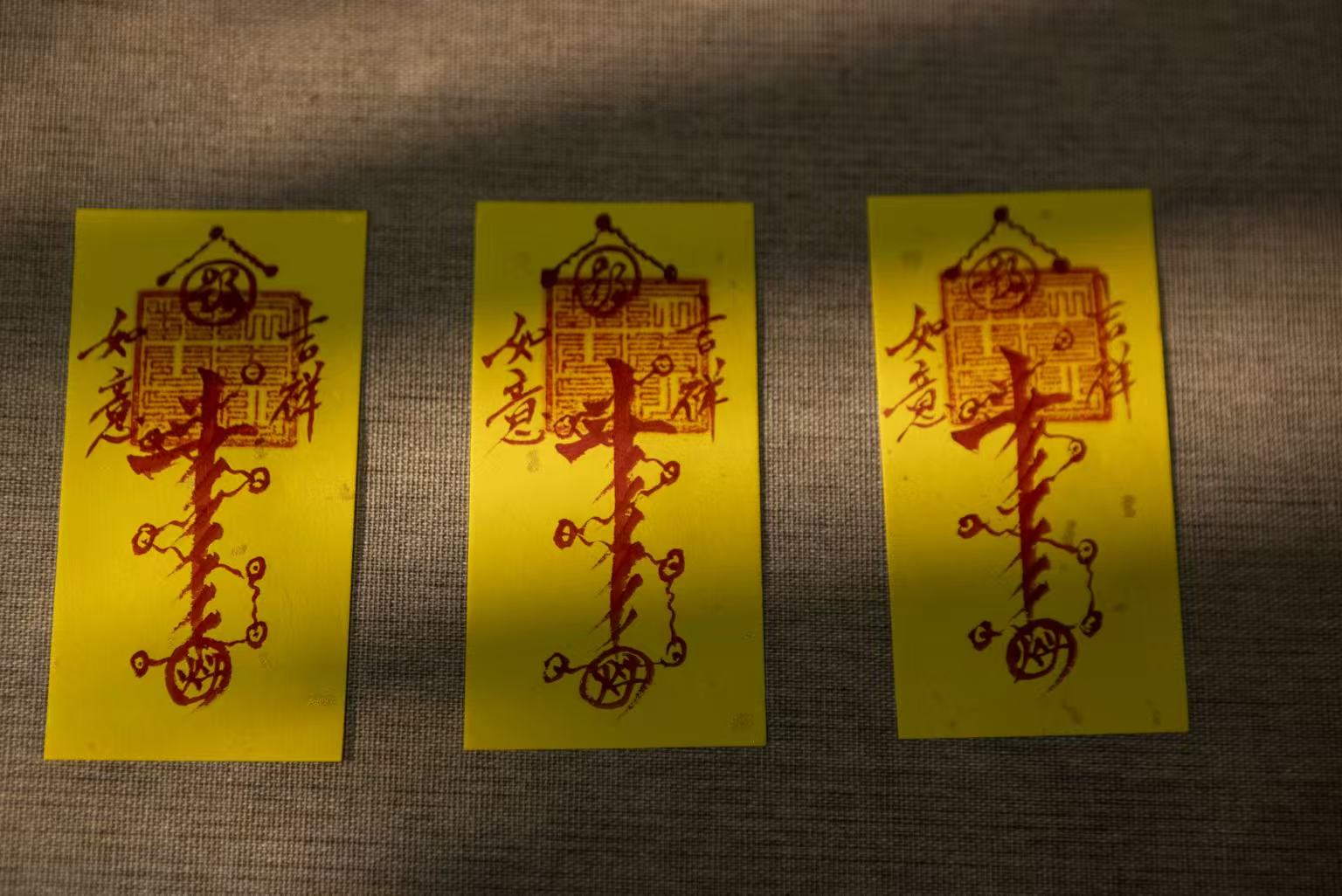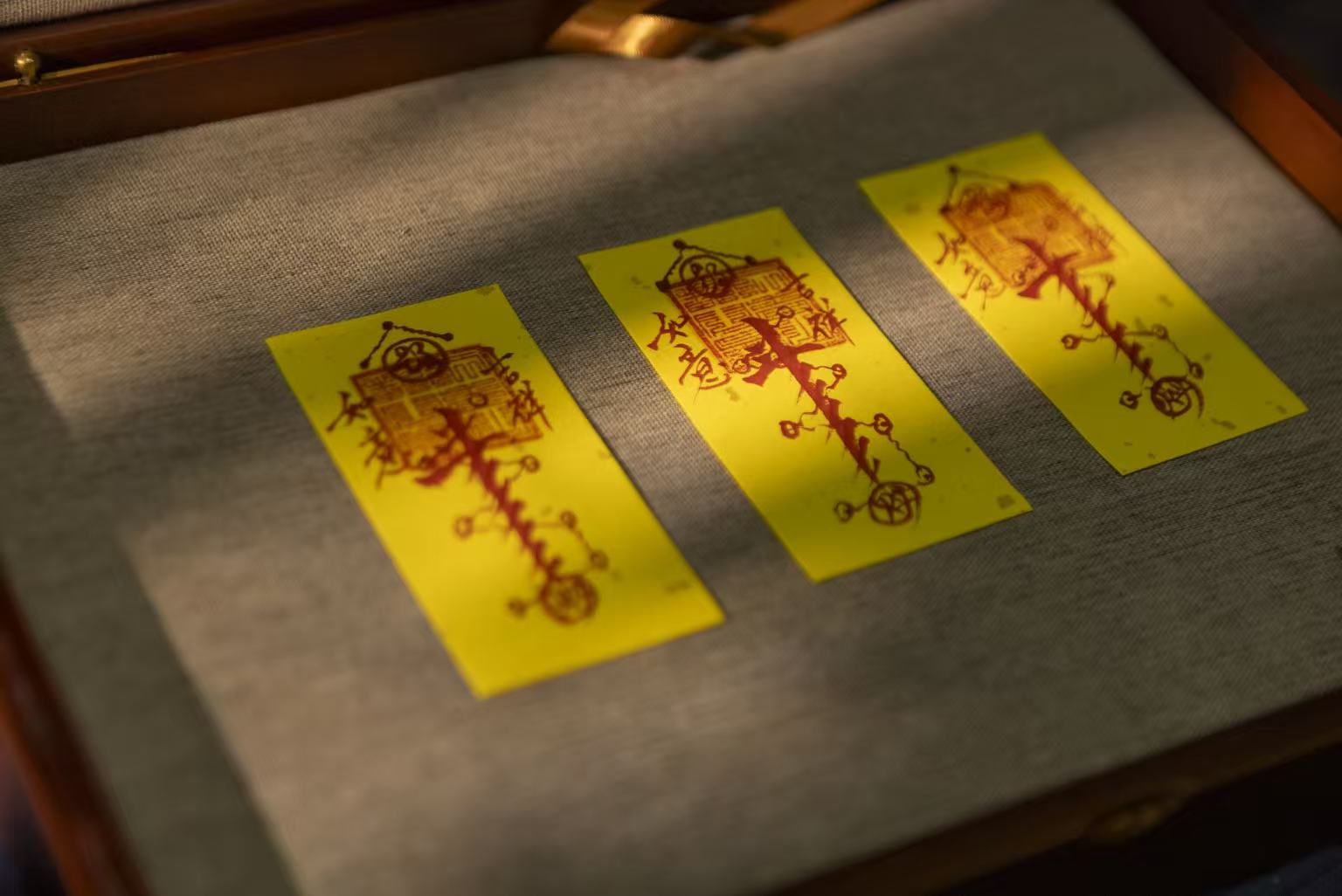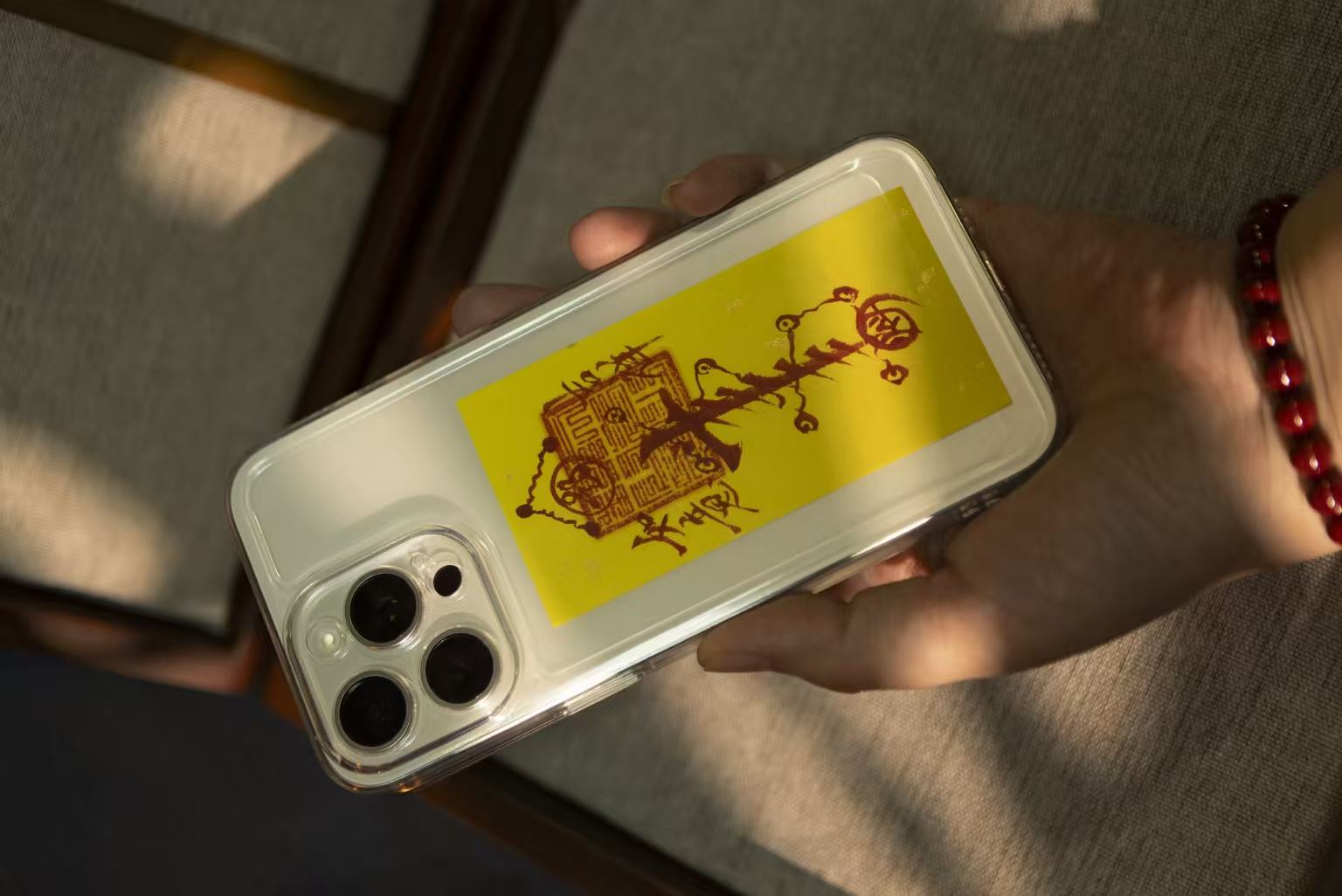The Alchemy of Tao


New arrivals
Handcrafted with herbal tradition, trusted by our customers — now 20% OFF for Black Friday.

Shang Qing- Taoist
Everything we do starts with why
Taoist charm-writing is one of the representative ritual arts in Taoist culture, typically associated with religious activities such as sacrificial ceremonies, blessing rituals, and disaster-averting practices. It is a key component of the Taoist magical arts system.
The core carriers of charm-writing are yellow paper (or paper of specific materials) and cinnabar (or ink, special pigments), supplemented by tools like writing brushes. The practitioner must have a foundational Taoist belief; some sects also require the charm-writer to undergo religious rituals such as ordination and visualization (cunsi) training. Charms usually combine characters (e.g., seal script, Taoist secret characters), symbols, and patterns. Different charms serve distinct purposes, with common types including blessing charms (e.g., peace charms), expiation charms (e.g., disaster-avoidance charms), and transcendence charms (e.g., soul-deliverance charms).
Charm-writing is not merely a writing process but is often accompanied by specific rituals: these include purifying one’s hands, burning incense, visualization (focusing one’s thoughts to envision deities or spiritual power), making mudras, and reciting incantations. It is believed that these steps imbue the charm with spiritual power to achieve the corresponding religious effects.
Culturally, Taoist charm-writing is not only a concrete form of religious ritual but also integrates Chinese character culture, folk beliefs, and Taoist cosmology. It is a content in Taoist cultural inheritance that combines both ritual and cultural attributes.
